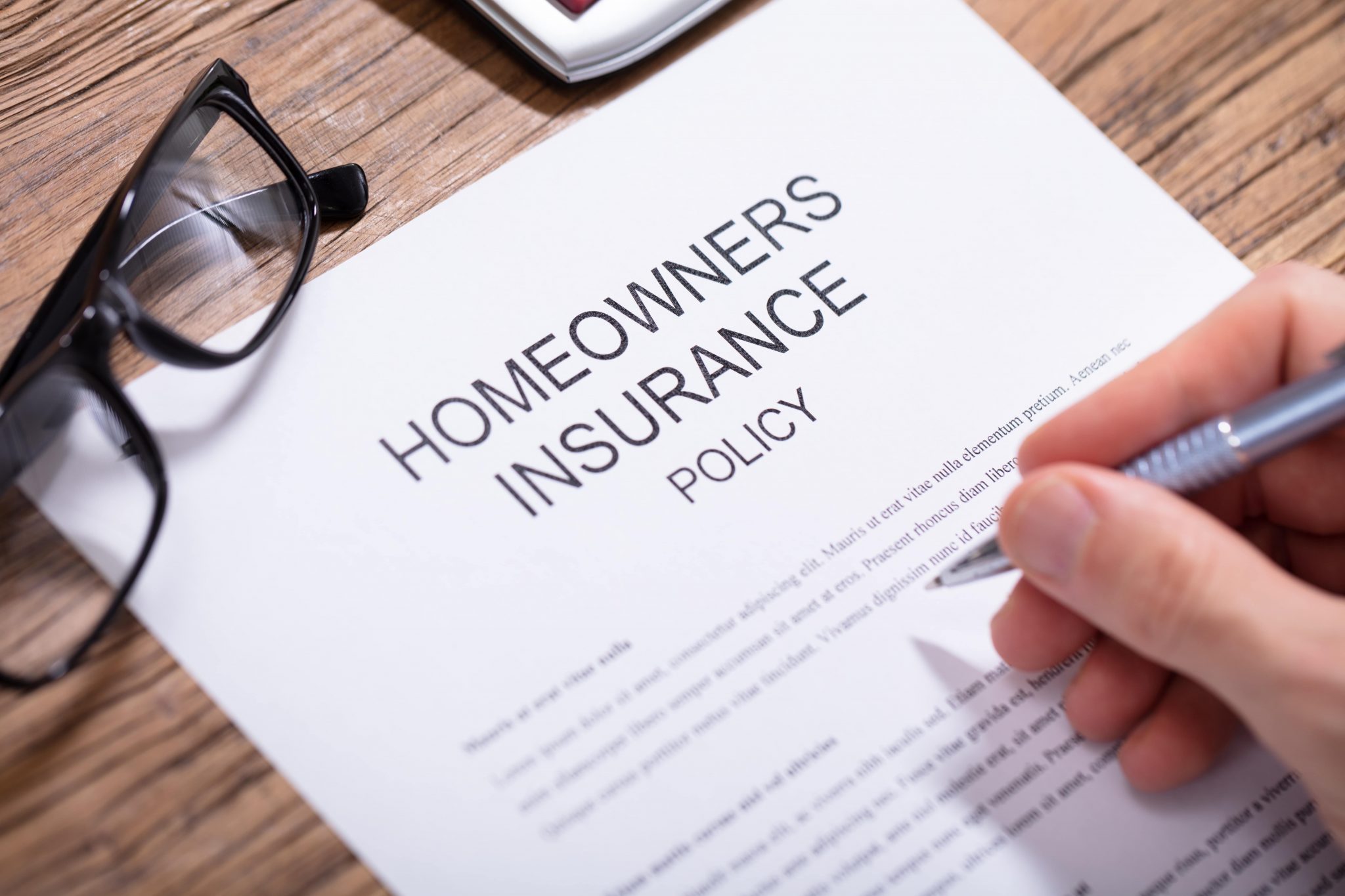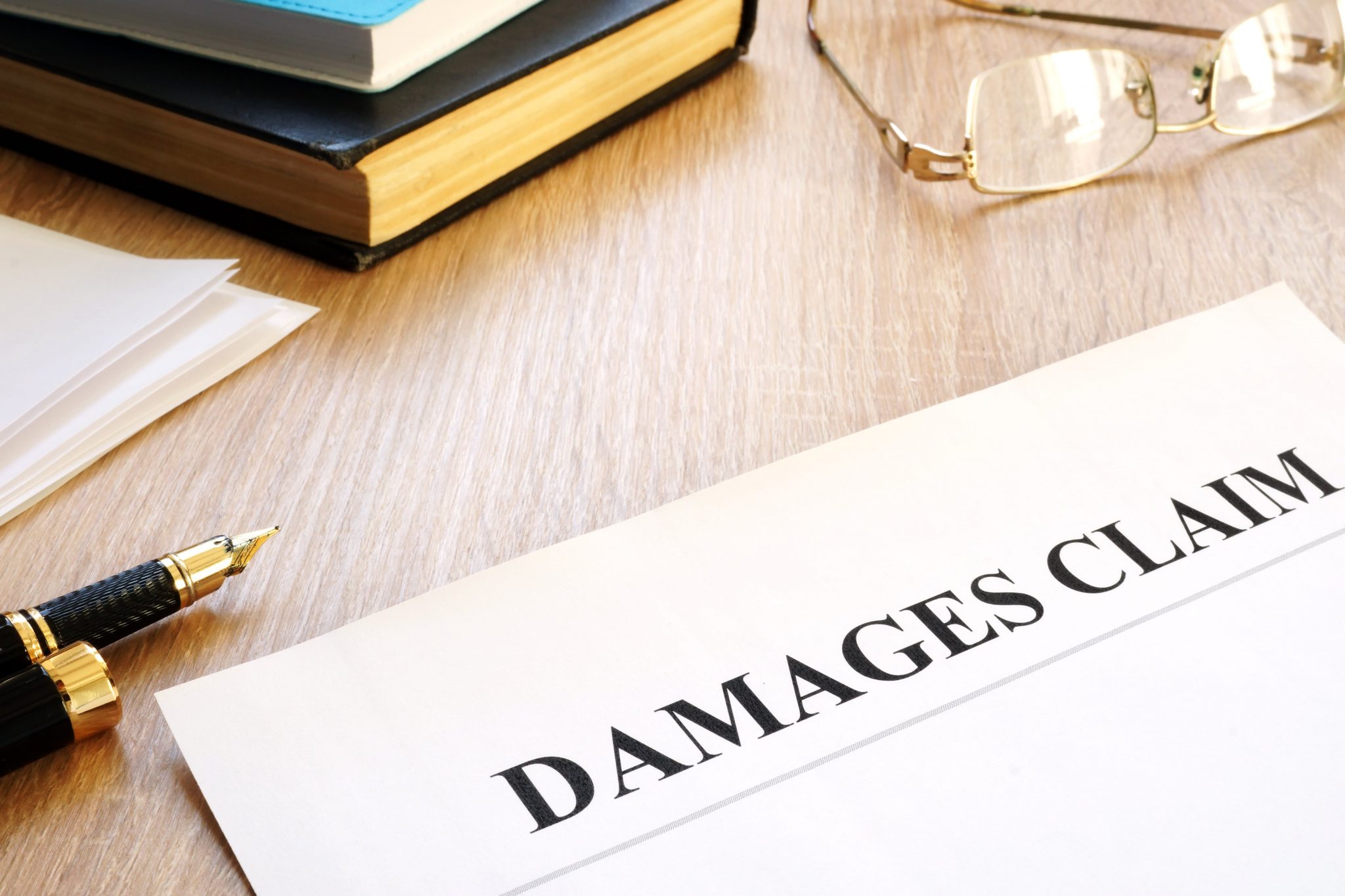- WE’RE HERE TO HELP 24/7
- 800.586.5555
Am I Getting Short Changed on My Property Damage Claim?

Understanding Your Homeowners Insurance Policy
May 13, 2021
Kanner & Pintaluga Continues Growth, Welcomes John Rommel in St. Louis
June 7, 2021Am I Getting Short Changed on My Property Damage Claim?

Oftentimes, policyholders don’t feel like they’re being compensated fairly for their lost personal property after filing a property damage claim.
There are two primary reasons your home insurance policy provider may be offering you significantly less on your personal property claim than you think you should be receiving.
- Lack of documentation
- Policy limits
The documentation part is relatively easy to deal with in many circumstances. If your residence suffered significant damage in a hurricane like Irma or Michael, be sure to go through your home with your phone to take video and pictures of all the damage. You can use this as proof that you owned the specific items you want to have replaced.
Acquiring documentation can be more difficult in the case of fire or theft. If that’s what occurred, try to find receipts or credit card statements that show when and what you purchased. If you want to be prepared for the future, consider making a list of your personal property with specific purchase prices or values.
What’s often more devastating to property damage claim filers are the policy limits imposed by insurance policies. Although many types of personal property are covered by homeowners and renters insurance, the fine print of your policy puts hard caps on exactly how much the insurance company will pay you for the loss of these items. These policy limits are generally much less than the total value of the property lost.
How Does the Insurance Company Value Your Home and Property?
When insurance companies determine the value at which they will cover a home they primarily make their determination based on the rebuild cost. This is essentially how much it would cost in terms of labor and materials to completely rebuild your home from the ground up. The determined valuation and coverage limit it gives you is known as the dwelling coverage.
Your home insurance should also cover the loss of possessions within the home if they were to be destroyed by a fire or other catastrophic event.
A standard home insurance policy will usually provide personal property coverage valued at approximately 50 to 75 percent of the dwelling coverage. If your rebuild cost and dwelling coverage is $300,000 your personal property within should be covered between approximately $150,000 and $225,000.1
However, even though you spent $1,500 on a TV that was destroyed in a fire or hurricane, you shouldn’t necessarily expect the insurance company to write you a check for $1,500 to replace it. Your insurance provider will factor in depreciation when determining the valuation.
Policy Limits on Personal Property
In addition to depreciation, you’ll also have to contend with the value caps put on categories of personal property.
For example, you may own jewelry valued at $5,000 but the fine print of your policy may state that jewelry is only covered up to $1,500. Even if all your jewelry was lost or destroyed, your homeowner’s policy would only entitle you to $1,500, not their full appraised valuation.
The following is a list of property categories and some common claim limits for typical homeowners insurance policies:
- Cash, coins and precious metals ($200 – $250)2
- Boats, watercraft and their trailers (less than 25 hp) ($1,000)3
- Jewelry, furs, watches and precious stones ($1,500)
- Silver, gold or precious metal utensils and dinnerware ($2,500)
- Firearms ($2,500)4
- Tools or other equipment used for your business ($2,500)
- TVs, gaming devices and electronics ($1,000)
- Computers ($1,000)
- Stamp, comic book or baseball card collections ($1,000)
So even if you technically have personal property coverage of $150,000, you could end up only being paid a fraction of that for stolen or destroyed personal property based on your policy limits.
Coins and Other Collections
Homeowners who are collectors of coins or other items are often frustrated by the insurance company’s response to their claims. If the coins that were destroyed or stolen could still be used as legal currency, they will be valued as cash with the $200 limit.5
From the insurance company’s perspective, they have no way of knowing the proper valuation of the lost collection without proof of appraisal. Rare coins can vary widely in price based on condition, so if you want to include a collection in your claim or obtain additional coverage for your valuables, it is imperative to have documented evidence of ownership and a reputable appraisal performed.
Improving Your Chances of Getting Fairly Compensated for a Claim
- Documentation is often key when it comes to ensuring you are fairly compensated in a property damage claim. Presenting receipts and proof of ownership will help convince your insurance company that you own the possessions you claim were lost or damaged, especially in the event of theft.
- Keep a list of your valuables and their replacement costs and remember to update this list when you make a new purchase. If you spend $2,000 on a laptop, make sure you document it!
- Some personal property may be excluded by your policy. For example, if your home is destroyed by a hurricane and you have a vehicle in the garage that vehicle won’t be covered under your homeowner’s insurance policy. The same goes for most recreational vehicles.
- You can obtain scheduled floaters, riders or endorsements to extend the amount covered for particular valuables or property classes. Endorsements/riders are the more affordable option, but they often have valuation caps.
If you have an especially valuable item, such as an antique, heirloom or collection that exceeds your insurance provider’s endorsement limit, you can purchase a scheduled floater. These policy additions will cover the item up to its appraised value. The other benefit of floaters is they expand the claim options to include things like accidental loss, which may not be covered under your normal homeowners insurance policy.
Still Think You Should Be Covered? Contact a Claims Adjuster or Attorney.
If you believe that you should still be getting paid more for your claim, even after looking at your policy limits, it may be in your best interest to contact an attorney or claims adjuster. An independent claims adjuster or attorney who isn’t affiliated with your insurance carrier can look at your claim, analyze the details of your homeowners insurance policy and give you a second opinion on the settlement offered by the insurance company. If the insurance company isn’t willing to budge but you’re in the right, an attorney may be able to fight for the compensation you deserve for your property damage claim.
